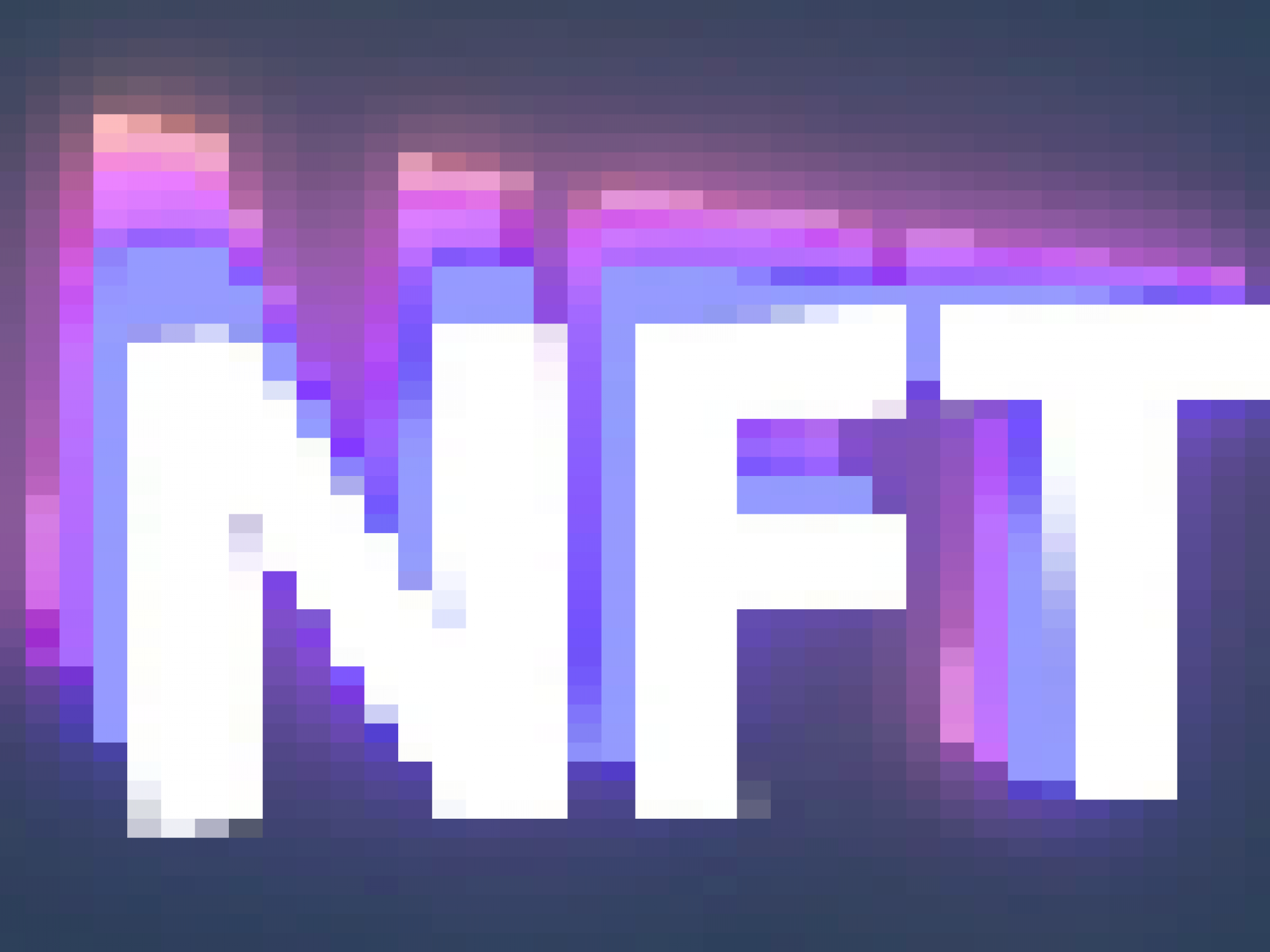
Earlier this month the head of Instagram, Adam Mosseri, announced that he will start beta testing NFT functions with a small group of users in the US. Mosseri also confirmed there will be no fees for posting or sharing NFTs on Instagram. Any NFT digital collectibles shared in Instagram will appear as tagged photos or profiles, and when clicked, you will be able to view creator and artwork details. Instagram supports the display of NFTs created on the Ethereum and Polygon as well as on Flow and Solana in the future. It will also support the use of third-party encrypted wallets such as Rainbow, MetaMask and Trust Wallet, with support for more crypto wallets planned in the future.

Creators and developers participating in the beta can now share the NFTs they make or buy. Users can share these NFTs in their feeds, stories, or messages. According to Mosseri, only a few people currently have access to Instagram’s NFT beta test, which is designed to be able to gain important data feedback from the initial test and learn how to best integrate the buying and selling of these digital collectibles. While more NFT-related features will be rolled out in the future I believe that Instagram's NFT rollout may be part of Instagram’s parent company Meta's metaverse project, involving a deeper interaction in the future. As Mosseri tweeted a few days after the NFT announcement: “Power is shifting. Over the next 10 years, we are going to see a shift in power away from platforms and towards creators. There's a lot we all can and should do to lean into that shift.”
What is the purpose of Instagram's move?
I believe that the creator economy is very important for Instagram in the current market. While many creators in social media already have a variety of different ways to make money, many of them are unpredictable and dependent on the platform they use. Therefore, there is a strong case to believe that Instagram will be able to attract creators to form a community. “I want to acknowledge upfront that NFTs and blockchain technologies are all about distributing trust and distributing power,” Mosseri admitted. “But Instagram is fundamentally a centralized platform, so there’s a tension there. One of the reasons why we’re starting small is we want to make sure that we can learn from the community. We want to make sure that we work out how to embrace those tenets of distributed trust and distributed power, despite the fact that we are, yes, a centralized platform.”
In the metaverse, people will buy, use NFTs for a variety of purposes, and share their experiences. Meta decided to start with NFTs because NFTs are an important link in the metaverse economy. I believe that since Facebook changed its name to Meta, they have been exploring a wider range of web3 technologies, and aim that through using these technologies, creation costs will be reduced, and the experience would be better. Meta CEO Mark Zuckerberg confirmed that similar functionality will soon be available on Facebook and possibly other Meta apps in the future. Zuckerberg added that Meta will work on augmented reality NFTs, or 3D NFTs.
In my view, Instagram's foray into NFTs has been planned for quite a while. In 2021, Instagram hosted Creators Week, an invite-only virtual summit that Instagram describes in its invitations as a “private event for NFT creators.” It’s also worth noting that Instagram’s NFT beta program launched not long after Twitter enabled NFT profile pictures for its premium users. That said, Instagram and Twitter are not the only big tech companies entering the NFT space. Susan Wojcicki, CEO of YouTube, said it may start using web3 technologies including NFTs in the near future to help YouTube creators monetize their work: “We’re always focused on expanding the YouTube ecosystem to help creators capitalize on emerging technologies, including things like NFTs, while continuing to strengthen and enhance the experiences creators and fans have on YouTube,” she confirmed in a letter published in January.
In the light of the developments, industry experts are all optimistic of Instagram's moves on NFT. "I think Instagram can help users to understand NFT better. They are also indirectly introducing new users to the cryptocurrency space. Overall, this is a positive move and I hope more companies can do the same." Jenny Zheng, Business Development lead at Bybit NFT Marketplace commented.
Anndy Lian, thought leader and Chairman at BigONE exchange said: "While Instagram isn't the first social app to experiment with NFTs, the sheer size of its one billion (monthly active) user base gives it its biggest reach versus its competitors, which means that the addition of web3 technology it could potentially engage a whole new group of users. And with Meta’s Facebook expected to add similar features in the near future, Meta will have a huge NFT presence in the social media space. I know Instagram can create more sparks in the NFT space. I am so looking forward."
It is also worth noting that as the value of NFTs has fallen significantly since last year, so the number of users interested in the feature may be lower than expected. As a striking example of this slowdown, on May 4, the Coinbase NFT marketplace opened, but since then only just over four thousand people have bought an NFT. So it remains to be seen whether Instagram and Facebook can turn things around and rekindle significant user enthusiasm for NFTs.







